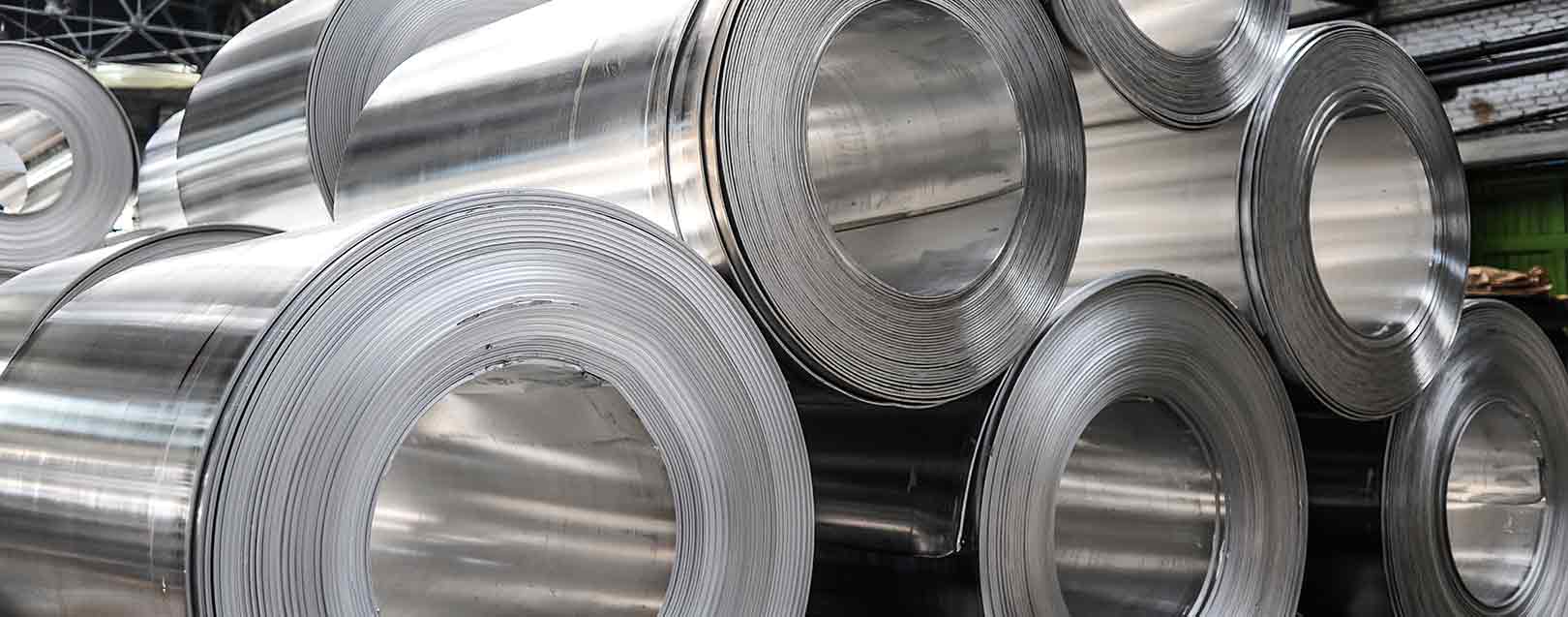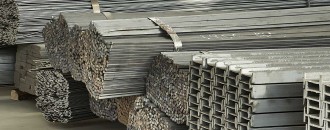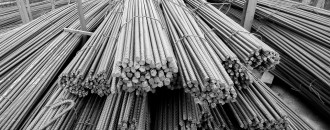
DGAD to freshly probe dumping of steel products
The Dollar Business Bureau
As the world powers gathered in Brussels to discuss the humongous ‘overcapacity problem’ particularly between two global giants US and China, there was a startling revelation that hitherto dead steel mills in China have started producing again. And that spurned the steel prices to rise globally. All along China claimed to be committed to a market-based economy while its zombie-factories ramped up a record breaking production of 70.65 million tonnes in March. This is advantageous to the Chinese as they can easily bypass the issue of loss-making from non-existent mills!
While EU, US, WTO and other major international trade organizations have been haranguing whether measures could be taken against such ‘dumping’, India in a bid to save its domestic manufacturers, started a fresh anti-dumping investigation on Friday, after several Indian steel companies complained of a recent upsurge in shipments of cold rolled coils and various steel and iron products originating from China, South Korea, Japan and Ukraine.
The Directorate General of Anti-Dumping & Allied Duties (DGAD), an arm of the Ministry of Commerce and Industry, has started looking into the petition filed by Indian steel giants, Essar Steel, Steel Authority of India and JSW Steel. The petitioners underscored that dumping of these materials has caused significant injury to the domestic steel environment.
The investigation will be based on two periods – from July 2015 to Dec of the same year and April 2012 to December 2015.
After the investigation is over, the government may recommend the amount of anti-dumping duty, which if levied, would be would be adequate to remove injury to the domestic industry, said an official notification released on 19th April.
The global steel industry has been wrinkling under low steel prices. While China continues to lead the metal production – the world’s second largest economy more than quadrupled its steel production since 2000, and it produced over 800 million tonnes in 2015, which was almost half of the total global production.
Several countries have already taken protective measures to stop the influx of cheap steel imports from China. The US, for example, slapped a huge anti-dumping duty of 255.80% on imports of steel products from China. This aggressive action has benefitted the US significantly as steel products imports dropped by 13% year on year in 2015.
India’s industry has for long demanded the government to impose a staggering anti-dumping import duty on cheap imports.
However, there seems to be a conflict of interest among the Indian steel industry analysts who think any further increase in import duty will make the domestic steel industry unviable.
The Indian government has taken strict measures periodically, considering the level of injury the domestic steel industry has suffered due to cheap Chinese dumping. In February this year, the government implemented a minimum support price on imports of steel products that it said it would give stability to the domestic steel industry.






 to success.
to success.